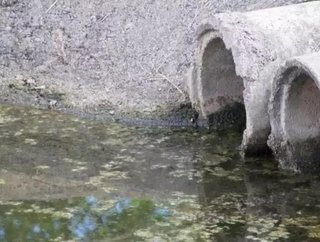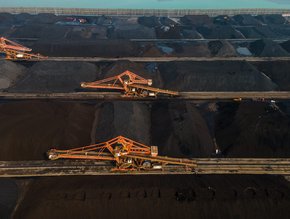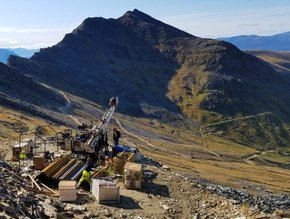There's something in the water: Geologists test the impact of Co2 in Pennsylvanian coal mine drainage

An investigation of the impact of carbon dioxide released from 140 coal mines in the Pennsylvania region is under way, led by the West Virginia University.
The investigation will examine the measure of carbon dioxide in mine drainage water, as there are currently no accurate methods to measure the volume of Co2 and pH levels in the drainage.
Dorothy Vesper, an associate professor in the Department of Geology and Geography at West Virginia University and other colleagues, are conducting the investigation.
“Many people calculate carbon dioxide from alkalinity, or the capability of water to neutralize acid, so the pH has to be above five, but if you have a lot of carbon dioxide dissolved in the water, it forces the pH to fall below five and people just dismiss it and ignore it," Vesper said.
"A lot of those very low pH waters have plenty of carbon dioxide in them."
Mine drainage is a by-product of areas active in ore or coal mining. Mine drainage has unfortunately always been linked with contamination of local drinking water as well as damaging the life cycle of local vegetation.
Using measurements from several sites and estimated values from United States Geological Survey data for 140 Pennsylvania mines, the team calculated the amount of carbon dioxide released from abandoned coal mines.
The investigation will allow Vesper to conduct future tests across more mine sites – and therefore create a better understanding of the true impact of Co2 in mine-drainage.
"I think right now, the next thing I want to do is get a better handle on this and get a much more quantitative assessment at more sites," Vesper said.






